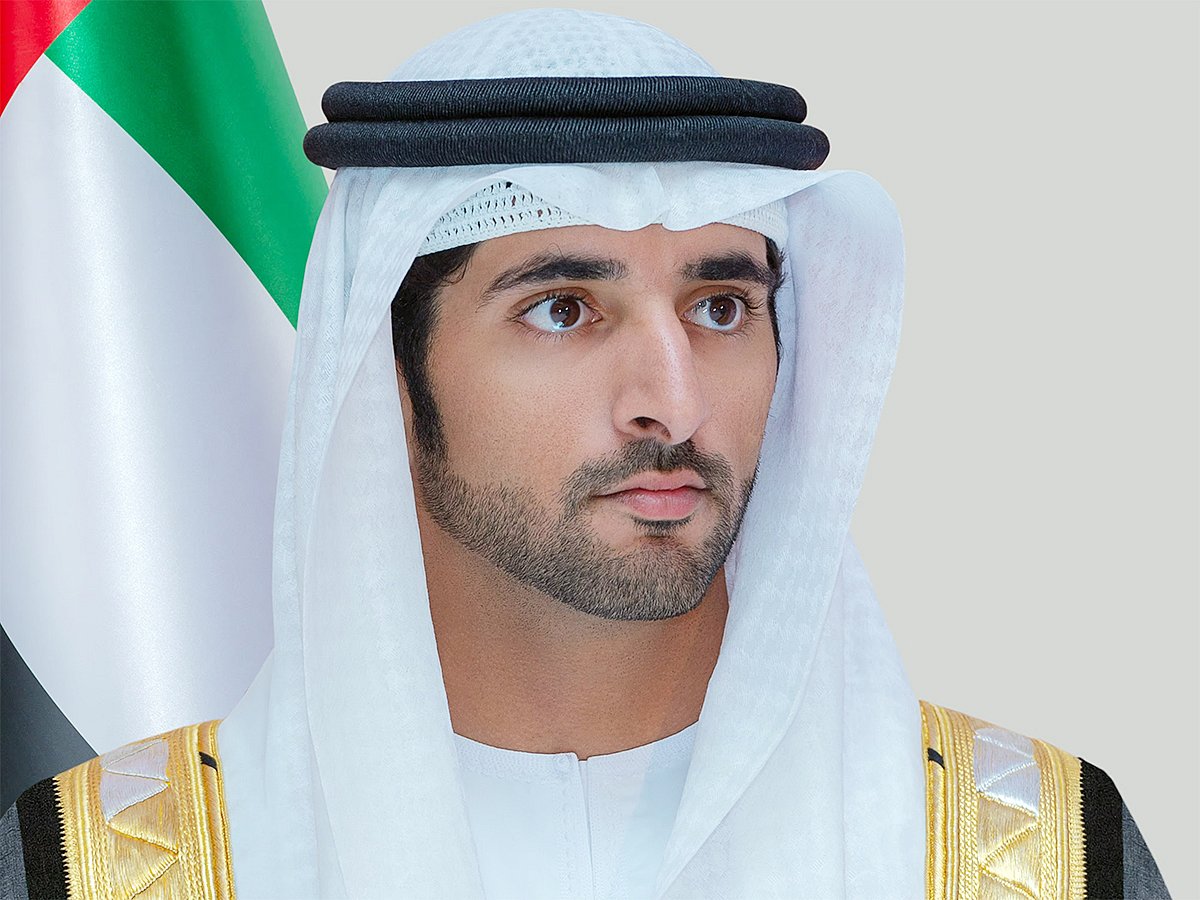Dubai launches workforce productivity system across government entities
Sheikh Hamdan directs new framework to optimise resources and strengthen service quality

Dubai: In his capacity as Chairman of The Executive Council of Dubai, Sheikh Hamdan bin Mohammed bin Rashid Al Maktoum, Crown Prince of Dubai, Deputy Prime Minister and Minister of Defence, has issued Executive Council Resolution No. (67) of 2025 on the Workforce Productivity Measurement System.
The system will be implemented across government entities in phases, as determined by the Dubai Government Human Resources Department (DGHR).
Phased rollout
Under the Resolution, the first phase will measure productivity using recognised standards by comparing services delivered against workforce size, total salaries, actual working hours, and other relevant data.
Results will then be analysed to identify improvements, followed by the development of initiatives to enhance efficiency and services. The final phase will focus on evaluating the system. A procedural guide will outline the details and responsibilities for each stage.
Roles and responsibilities
The Resolution assigns the General Secretariat of The Executive Council of Dubai responsibility for identifying, classifying, and updating government services, in coordination with the Department of Finance, Dubai Digital Authority, and DGHR. It will also provide technical support and approve services, related data, and performance indicators.
The DGHR will manage and supervise the system in coordination with relevant entities. This includes preparing and updating the procedural guide, developing and validating workforce productivity indicators, and coordinating with the General Secretariat on services and performance data.
In addition, DGHR will work with the Department of Finance to verify budgets, review productivity results, issue recommendations to improve efficiency, monitor compliance, assess impact, and submit reports to the General Secretariat.
The Dubai Digital Authority will provide technical advice and support to the DGHR, including the development and enhancement of the system’s digital platform, data analysis tools, and database integrations.
Obligations of government entities
Government entities must follow the procedural guide and approved timelines to identify, classify, and list their services, and provide data on services, workforce, and allocated budgets. They are also required to improve service quality, optimise resource use, implement productivity initiatives, submit reports to the DGHR, and act on recommendations to enhance efficiency.
The Director-General of the DGHR, in coordination with relevant entities, will issue the necessary decisions to implement the Resolution, which annuls any provisions in previous resolutions that may contradict it.
This Resolution takes effect from the date of its publication in the Official Gazette.
Sign up for the Daily Briefing
Get the latest news and updates straight to your inbox
Network Links
GN StoreDownload our app
© Al Nisr Publishing LLC 2026. All rights reserved.